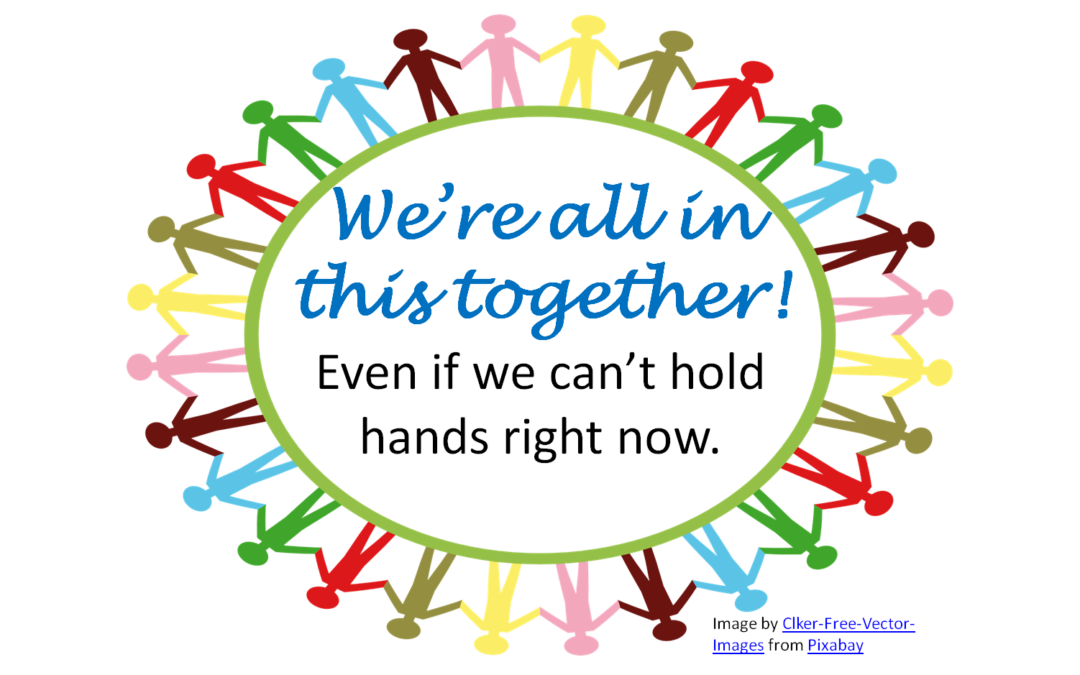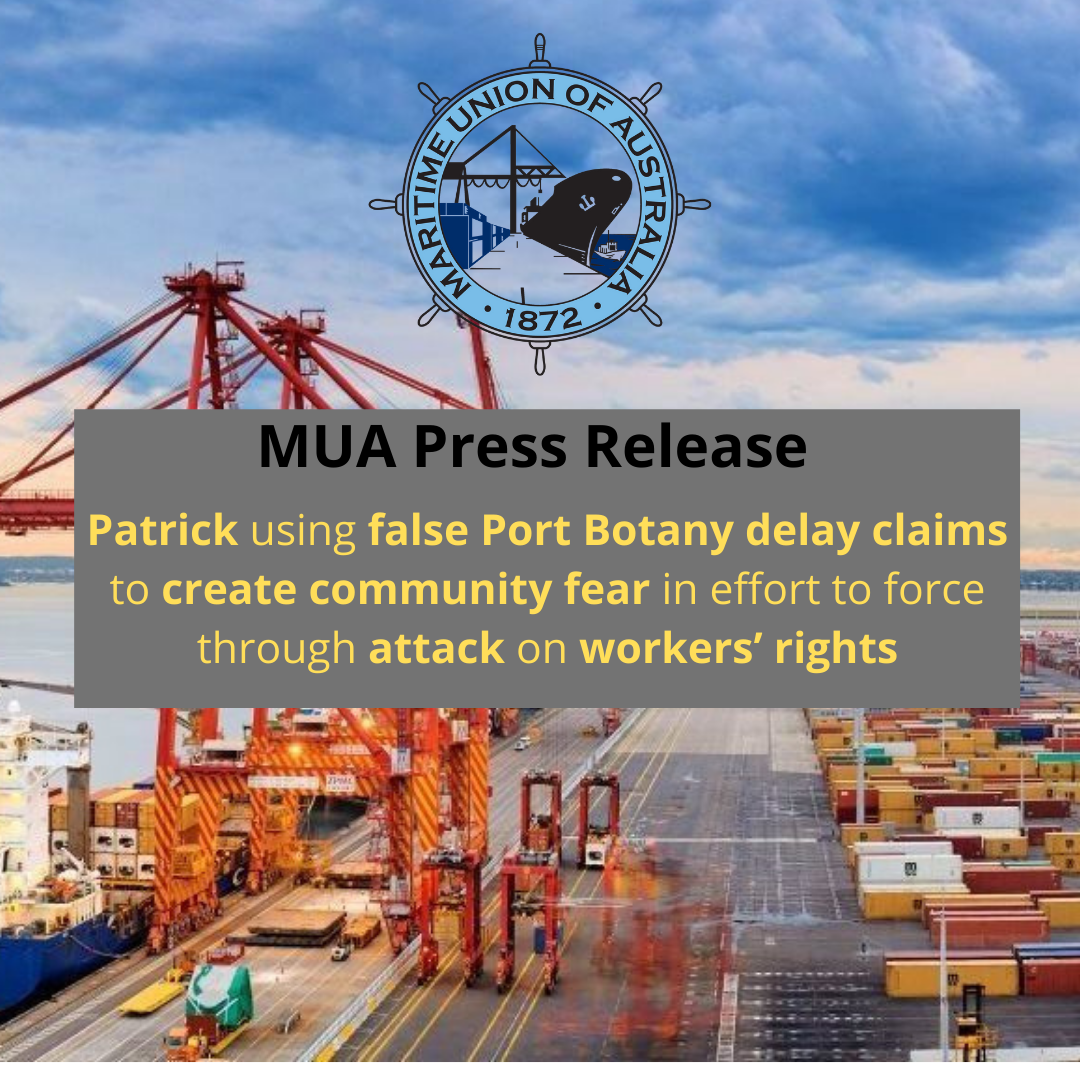Sometimes the do-gooder/bleeding heart image can be an asset.
Surprising? Not really. It’s been one of Labor’s traditional selling points: voters perceive Labor as “caring” about fairness.
Using his mum as example, Prime Minister Anthony Albanese has gone to great lengths to highlight that.
 |
(source]) |
There is a historical reason for that perception. Although the term “welfare state” is no longer fashionable, the Australian Labor Party was key in its adoption here, and its governments established its general institutions, including public health (under Medicare). They also created the main welfare payments. The age pension, for example, dates to 1908, during the Fisher Government; the unemployment benefits (currently called JobSeeker) was product of the Chifley Government in 1945. More recently, in 2013, it was under the Gillard Government that the National Disability Insurance Scheme was created.
So, unsurprisingly the Albanese Government launched the Robodebt Royal Commission last year.













